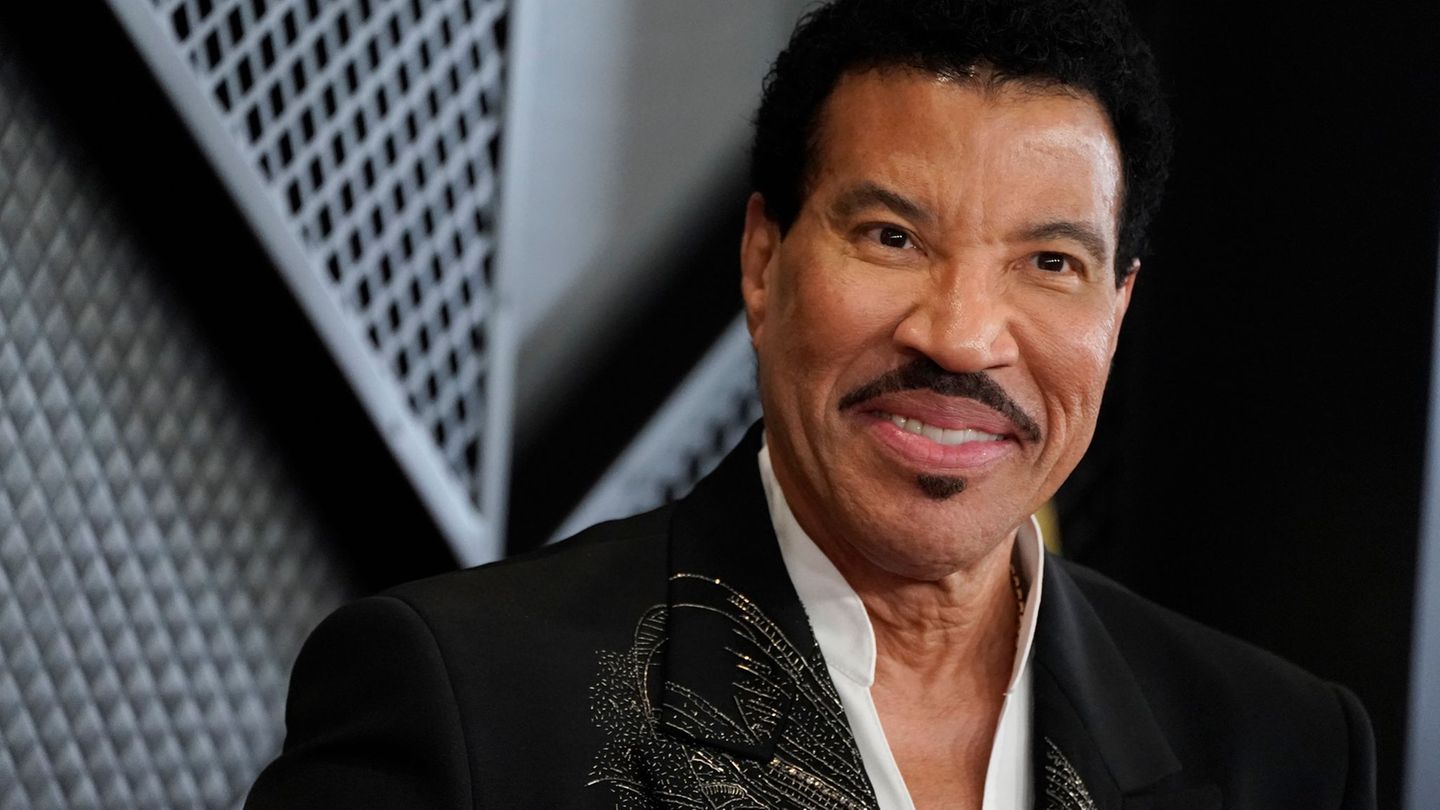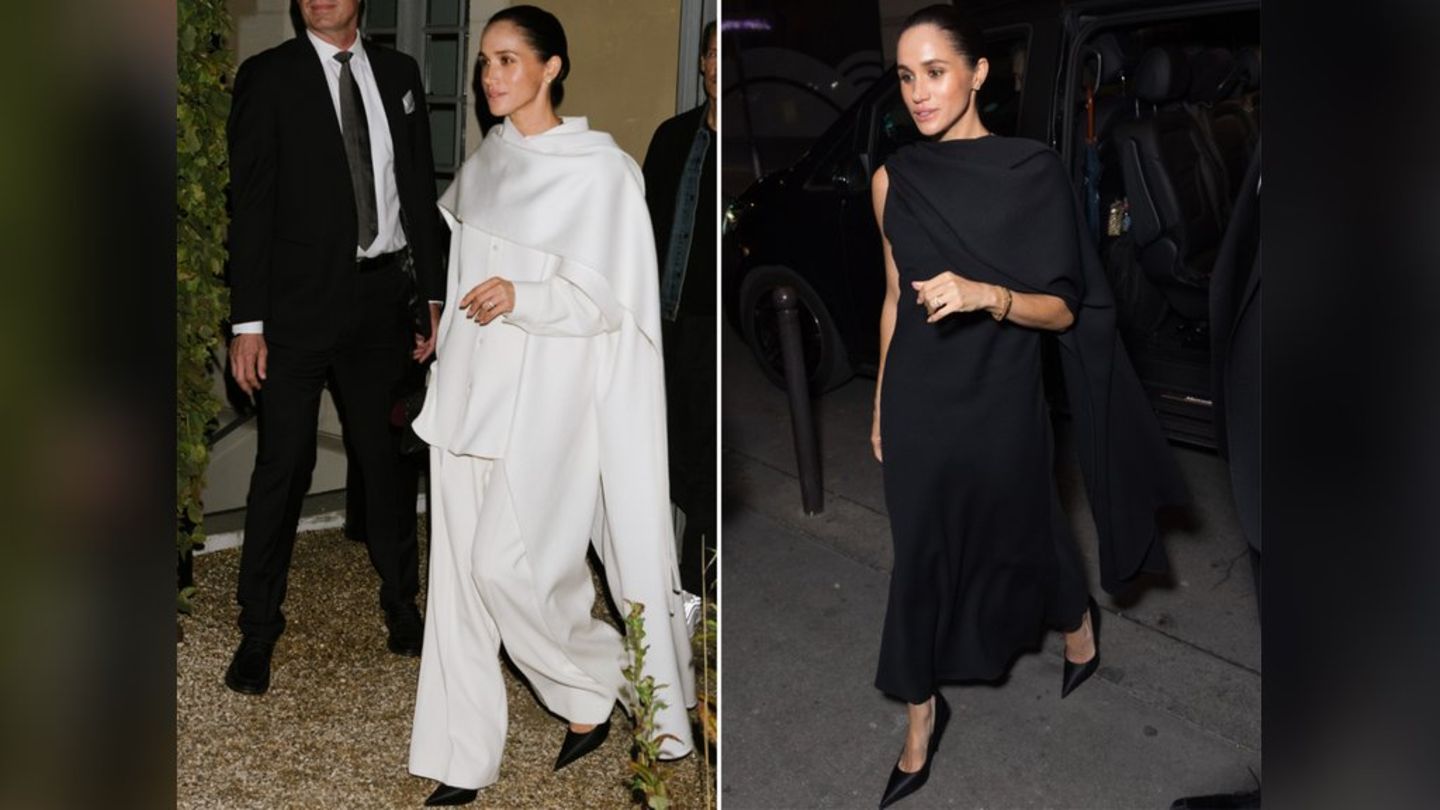In an interview, the 46-year-old talks about what makes a good hit and about his difficult path from little brother to “Thomas Gansch”, for which he took the time just before his appearance at the Gugg in Braunau.
Who is the therapist in “Schlager Therapy” – you as a musician, the audience, the music?
Thomas Gansch: It’s the community experience. It’s a kind of “safe space”, you lock yourself up and leave the evil world outside. This was important and necessary in the past, but especially so now. I also need it myself, because the world has become almost unbearable. It helps, there’s something liberating about it, because you evoke a lot of positive energy together with the audience. In the end, everyone leaves happy and strengthened. You shouldn’t bury your head in the sand, but you can’t take it all the time either. We’ve been driven into the virtual world for two years, now everyone’s yelling at each other on social media. It’s just unbearable.
What makes a good hit for you as a musician?
There are different qualities that a Schlager can have. It can simply be an excellent song, both lyrically and musically, for example “The sun always rises” by Udo Jürgens. It almost doesn’t get any better. Or various things by Caterina Valente or Peter Alexander, which have been made with great craftsmanship. Then there are bizarre hits, which therefore have a certain quality. Because, you hear it today, you can find it amusing. It is also a “safe space” against political correctness, because certain songs are no longer allowed to be sung. But we sing them anyway. The following applies: What happens with “Schlagertherapie” remains with “Schlagertherapie”. Then there are things that are so bad that they are good again. There used to be a trend that many non-German speaking people had to sing in German, Petula Clark once recorded a piece in German with a French accent. We alternate very strongly between light and deep things. In any case, it pulls you along, touches you and frees you from your worries.
The initial spark for “Schlager Therapy” was her sister Brigitte, who unfortunately passed away in 2019. It’s also a tribute?
Yes, Gitti, who ended up living in Enns. She sang all her life. When you met her, she sang for the first time after five minutes at most. If you spent an evening together, you sang songs the whole time. At some point we thought we’d go on stage after all. Singing was her life. We had a couple of very beautiful and also very tragic performances. We sang in Vienna for the last time a month and a half before she died. That’s exactly where we rehearsed: “Don’t ask why I’m leaving” by Robert Stolz. The first piano chord brought tears to my eyes. It was a difficult walk on stage, but also really nice because we can do it together again. We carry it on in their spirit. She was very disappointed in a lot of things and just turned it off by singing. That’s how we do it now on these occasions.
You can also be seen on stage again with your 22-year-old brother Hans in the “Brass Music Supergroup”. How was your musical brotherly relationship?
Insanely formative, with a very large emotional palette. He was my greatest role model from an early age, but also an unattainable one. That’s why it was very painful and difficult to find the way from the little brother to Thomas Gansch. A certain complex will accompany me throughout my life. You can never be as good as someone else, you can only be as good as you can be yourself. It definitely helped me a lot to find my way. Even if he was rocky. It’s difficult when someone is a lot older and already done, and then everyone demands that you have to be the same. On the other hand, you can’t have a better role model. Nobody could have given me a more ideal sound and how to play the trumpet more musically. He is the best. I adore him, curse him – and I love him.
Were there moments when you just wanted to throw everything away?
There was everything. You plan to go from A to B, think you’re going, but you go in a loop and suddenly you’re at F – and it’s actually completely okay there anyway. If you spend your life trying to open a locked door, you only end up in despair. If you open the door next to it, you might find something else. I don’t have the problem that I haven’t achieved what my brother achieved. As a child, it was expected of me that I would also become a member of the Philharmonic, which is why I have a bit of a classical complex. But nothing worse should happen.
Is there a door you really want to open?
i do so much I have rather too many doors open. But I face these certain inner entanglements again and again and more and more often. Variety is really very important.
life


Thomas Gansch (46) grew up in Melk in a family of musicians. At the age of 15 he began studying the trumpet in Vienna. In 1992 he co-founded the brass ensemble Mnozil Brass. From 1998 to 2006 he played in the Vienna Art Orchestra, with whose members he founded his first band “Gansch & Roses”.
He plays in various formations, including with tuba player Albert Wieder and trombonist Leonhard Paul in the “Trio Wieder, Gansch & Paul”, in a trio with bassist Georg Breinschmid (picture) and violinist Benjamin Schmid, with the Radio.String.Quartet and in a duo Guitarist Wolfgang Muthspiel and his wife Theresa. Thomas Gansch is the father of four.
The next concerts with Thomas Gansch in Upper Austria
On April 28, Thomas Gansch can be heard in Bad Schallerbach in “Schlagertherapie” (with Sebastian Fuchsberger – vocals, trombone; Leonhard Paul – trombone, bass trumpet, vocals; Michael Hornek – piano, vocals), Atrium Europasaal, 7:30 p.m., tickets : 07249/420710, by email: info@vitalwelt.at; www.musiksommerbadschallerbach.at
On May 28th he will be on the “Alps & Glowing Tour 2022” with the Herbert Pixner project around the South Tyrolean multi-instrumentalist in Ried/Innkreis, No-Sorgen-Saal, 8 p.m., tickets: Ö-Ticket.
On June 9th, Thomas Gansch and the brass ensemble Mnozil Brass will present the “Phöenix” program in Gmunden, Toscana Congress, 8 p.m. Tickets: www.aufgeigen.at
On June 19, Mnozil Brass will be in the Stadttheater Wels with “Gold”, 7.30 p.m. (alternative dates for March 25, 2021, tickets remain valid), tickets: https://webshop.jetticket.net/stadtwels
Source: Nachrichten




